Subscription models will end in five years, claims Laiye at new system launch
The firm's work execution system will integrate with existing RPA solutions, as Laiye says a flexible automation ecosystem is needed

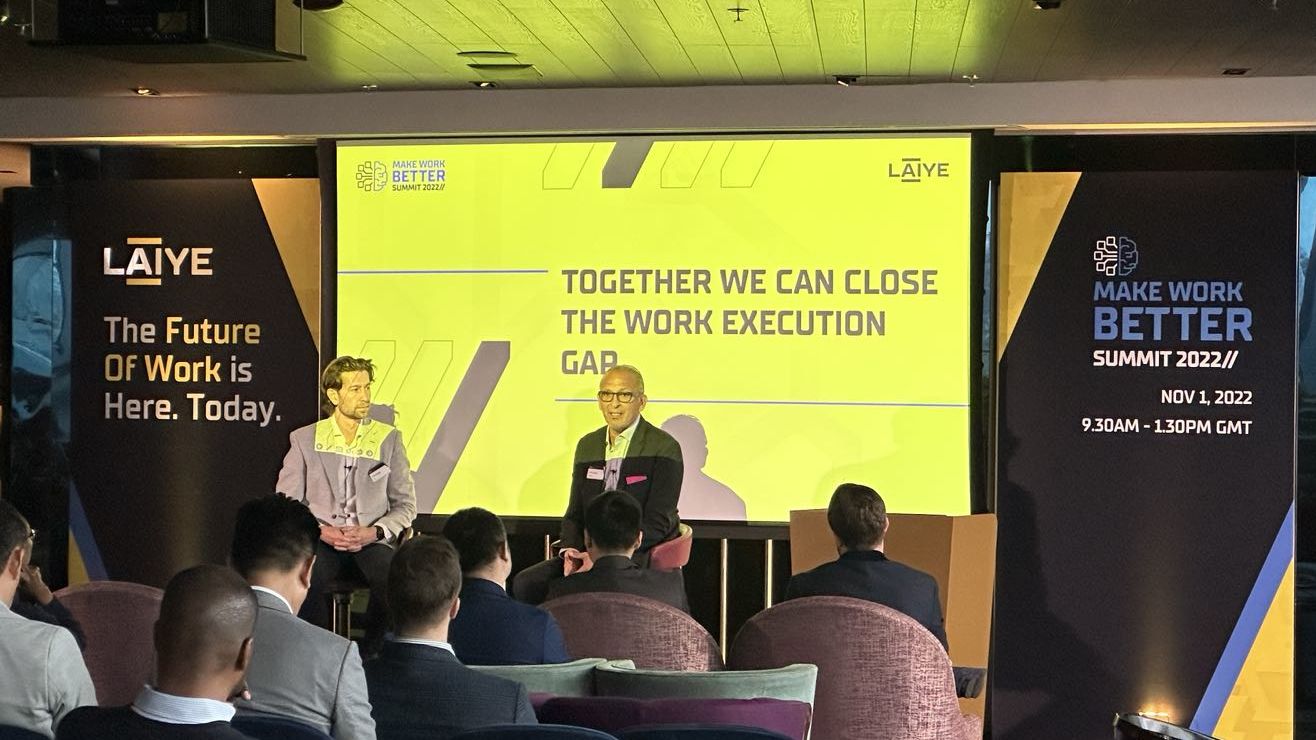
Sign up today and you will receive a free copy of our Future Focus 2025 report - the leading guidance on AI, cybersecurity and other IT challenges as per 700+ senior executives
You are now subscribed
Your newsletter sign-up was successful
Intelligent automation firm Laiye has forecasted the end of subscription models in the IT industry within the next five years, citing the inadequate extent to which such models can serve growing automation needs.
Laiye's chief strategy and ecosystem officer Braham Shnider said 'rip and replace’ requirements currently imposed in the software as a service (SaaS) market, in which companies have to remove current systems in order to update to new ones, are an ineffective model for automation.
This is because of the way that Laiye argued end-to-end automation will have to work, as a combination of automated 'digital workers' - programmed bots performing specific manual tasks - with humans working alongside them.
In such a system, digital workers could be loaned for specific tasks like a rental car, rather than paid for as part of a wider systems package in a costly, yearly subscription.
Instead of subscription models, the firm is proposing a more ‘open’ automation ecosystem, replacing digital transformation and vendor lock-in with ‘digital transition’, to address the skill shortage gaps experienced by each company.
In the coming years, the company believes digital workers could be paid for by firms through a consumption model, with a set amount given to vendors per process carried out, akin to virtual freelancers.
“For example, we can provide an invoice-processing digital worker, and we can charge by the number of invoices that digital worker processed,” said Yichuan Hu, co-founder and CTO at Laiye, to IT Pro.
Sign up today and you will receive a free copy of our Future Focus 2025 report - the leading guidance on AI, cybersecurity and other IT challenges as per 700+ senior executives
“It's no longer 'you need to pay ten thousand for this digital worker, for a year'. You just take, say, 10 cents for every invoice this digital worker processes. So that will actually be more attractive and more elastic for customers.
“There are three stages, and at the third stage — that is ten years from now — our product will become ‘work as a service’.”
Launching the Work Execution System
Laiye’s claims were made at an event held in London marking the launch of its new Work Execution System (WES), an automation system which provides partners with digital workers powered by machine learning (ML) and artificial intelligence (AI).
RELATED RESOURCE

The COO's pocket guide to enterprise-wide intelligent automation
Automating more cross-enterprise and expert work for a better value stream for customers
WES digital workers learn rules, taught by human employees in no-code interactions, which they can then contextually apply to tasks of varying complexity, from menial form processing to more sophisticated handling of forms.
Laiye advertises that WES can be integrated with systems such as UiPath, Slack, Teams, and SalesForce, and Shnider claimed that it “doesn’t care” if its customers choose to go with Laiye robotic process automation (RPA) or a competitor’s.
At the same event, the company highlighted the importance of harnessing the metadata generated by automated systems, in order for organisations to adequately address the ‘work execution gap’.
Trillions of pieces of data, from integers to complex information such as documents and videos, are caught up in automated systems, capable of producing vast amounts of metadata for big data analytics.
With an aim of getting a better view of this data, the firm announced that upon release, users will be given the choice of a free version or paid enterprise version.
In the former, users will be able to leverage the features of this system at no cost, in exchange for sharing their metadata for public use, giving companies insight into non-identifiable industry and use-case benchmarks and feeding this data to better train ML algorithms.
For example, a company could compare their invoicing automation stats to the industry benchmarks, use this information to determine whether more changes need to be made to their system, and in the process teach their system gaps that should be eliminated in future.
Paid enterprise users will generate only private metadata, for internal benchmarking purposes — IT Pro was given the example of the figures from different departments being compared against one another.
Laiye claims that companies that have adopted its automated systems thus far have seen a 60% improvement in productivity, and is willing to offer a full refund if it cannot integrate its WES by a company's deadline.
Another benefit of accurate metadata is explored in an upcoming white paper by Laiye, which proposes a carbon calculator for its customers.
Through the WES, this will determine the sustainability of companies in comparison to the overall market, and offer partners discounts in the form of credit against future purchases in exchange for meeting sustainability goals, which Gartner highlighted as the key strategic technology trend for 2023.
The beta version of Laiye’s WES will be launched on 30 November, with general release slated for 20 January 2023, and any company that buys a current Laiye product before 16 December will be given free access to WEP in 2023.

Rory Bathgate is Features and Multimedia Editor at ITPro, overseeing all in-depth content and case studies. He can also be found co-hosting the ITPro Podcast with Jane McCallion, swapping a keyboard for a microphone to discuss the latest learnings with thought leaders from across the tech sector.
In his free time, Rory enjoys photography, video editing, and good science fiction. After graduating from the University of Kent with a BA in English and American Literature, Rory undertook an MA in Eighteenth-Century Studies at King’s College London. He joined ITPro in 2022 as a graduate, following four years in student journalism. You can contact Rory at rory.bathgate@futurenet.com or on LinkedIn.
-
 Anthropic promises ‘Opus-level’ reasoning with new Claude Sonnet 4.6 model
Anthropic promises ‘Opus-level’ reasoning with new Claude Sonnet 4.6 modelNews The latest addition to the Claude family is explicitly intended to power AI agents, with pricing and capabilities designed to attract enterprise attention
-
 Researchers call on password managers to beef up defenses
Researchers call on password managers to beef up defensesNews Analysts at ETH Zurich called for cryptographic standard improvements after a host of password managers were found lacking
-
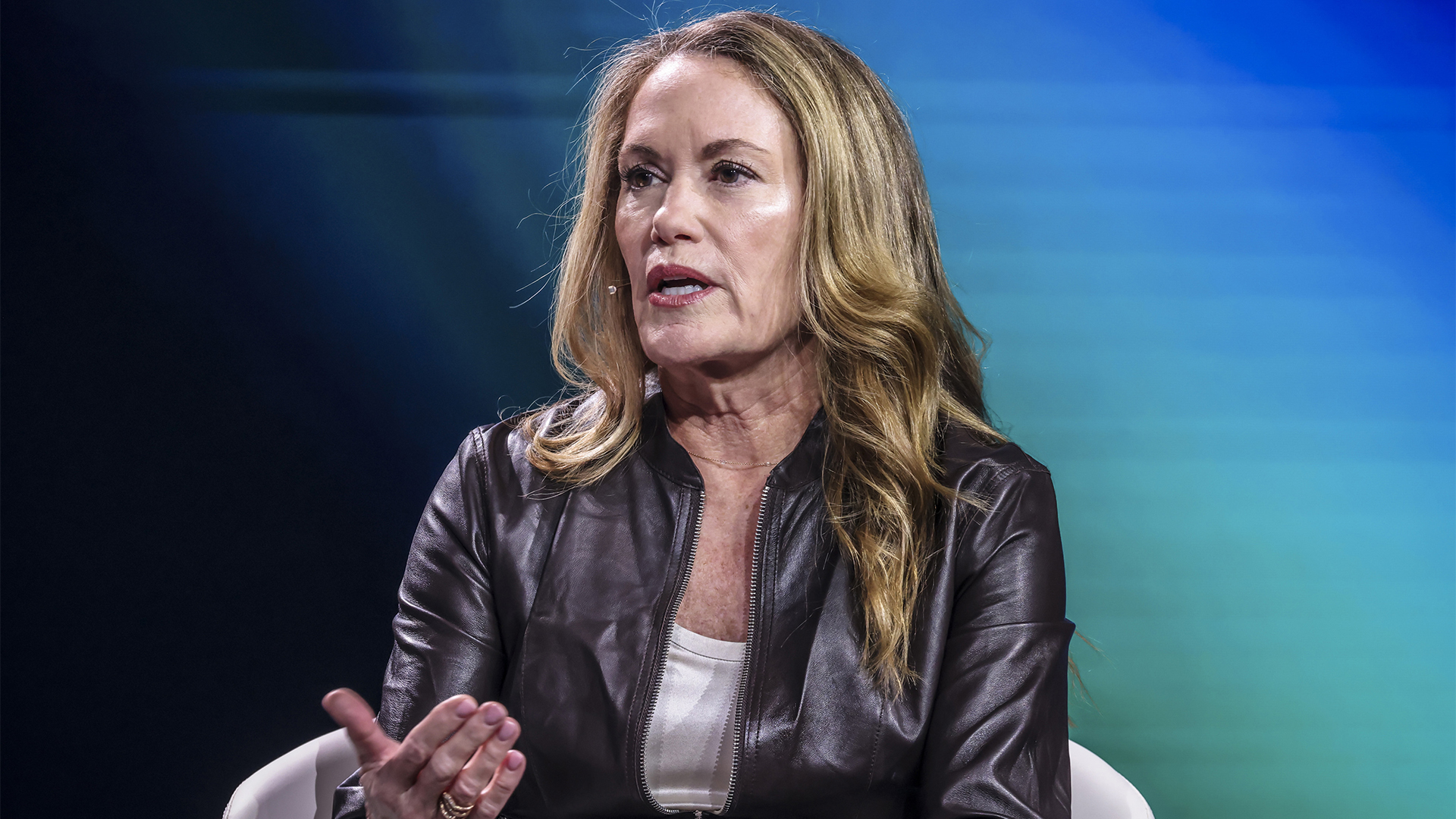 Can robots work safely alongside humans? This one industry leader thinks we're not far away
Can robots work safely alongside humans? This one industry leader thinks we're not far awayNews Humanoid robots and people will be able to work truly side-by-side this year, according to the CEO of one leading robotics company.
-
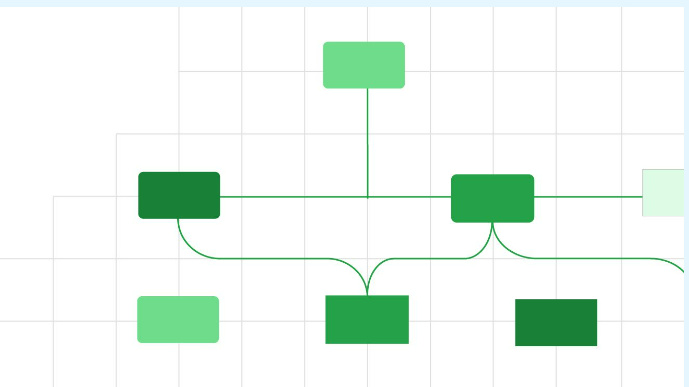 The power of AI & automation: Proactive IT
The power of AI & automation: Proactive ITWhitepaper Automation strategies to dynamically and continuously assure cost-effective application performance
-
 Magic Quadrant for enterprise conversational AI platforms
Magic Quadrant for enterprise conversational AI platformsWhitepaper An evaluation of the conversational AI platform (chatbot) market
-
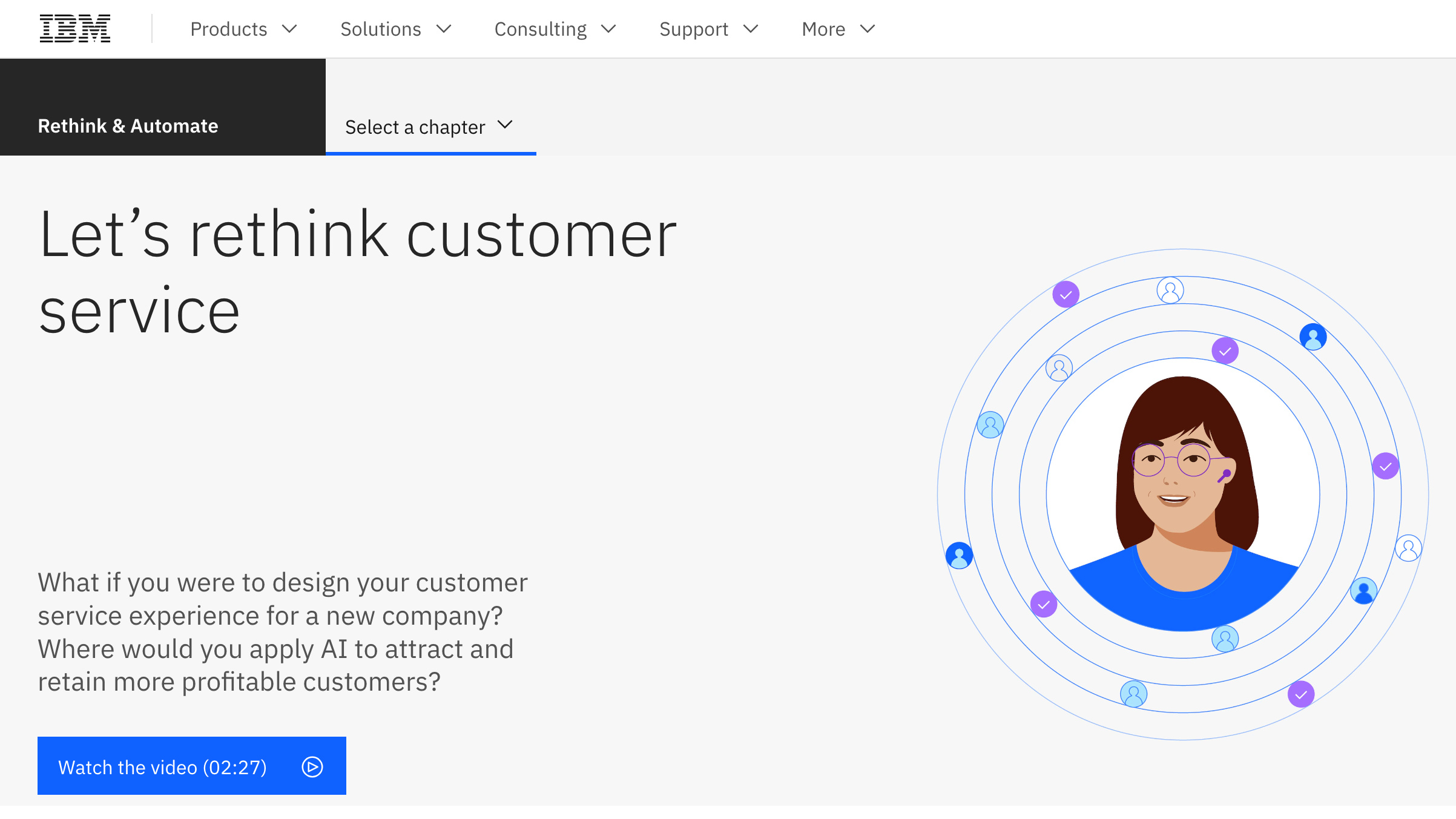 Let's rethink customer service
Let's rethink customer servicewhitepaper Discover new ways to improve your customer service process
-
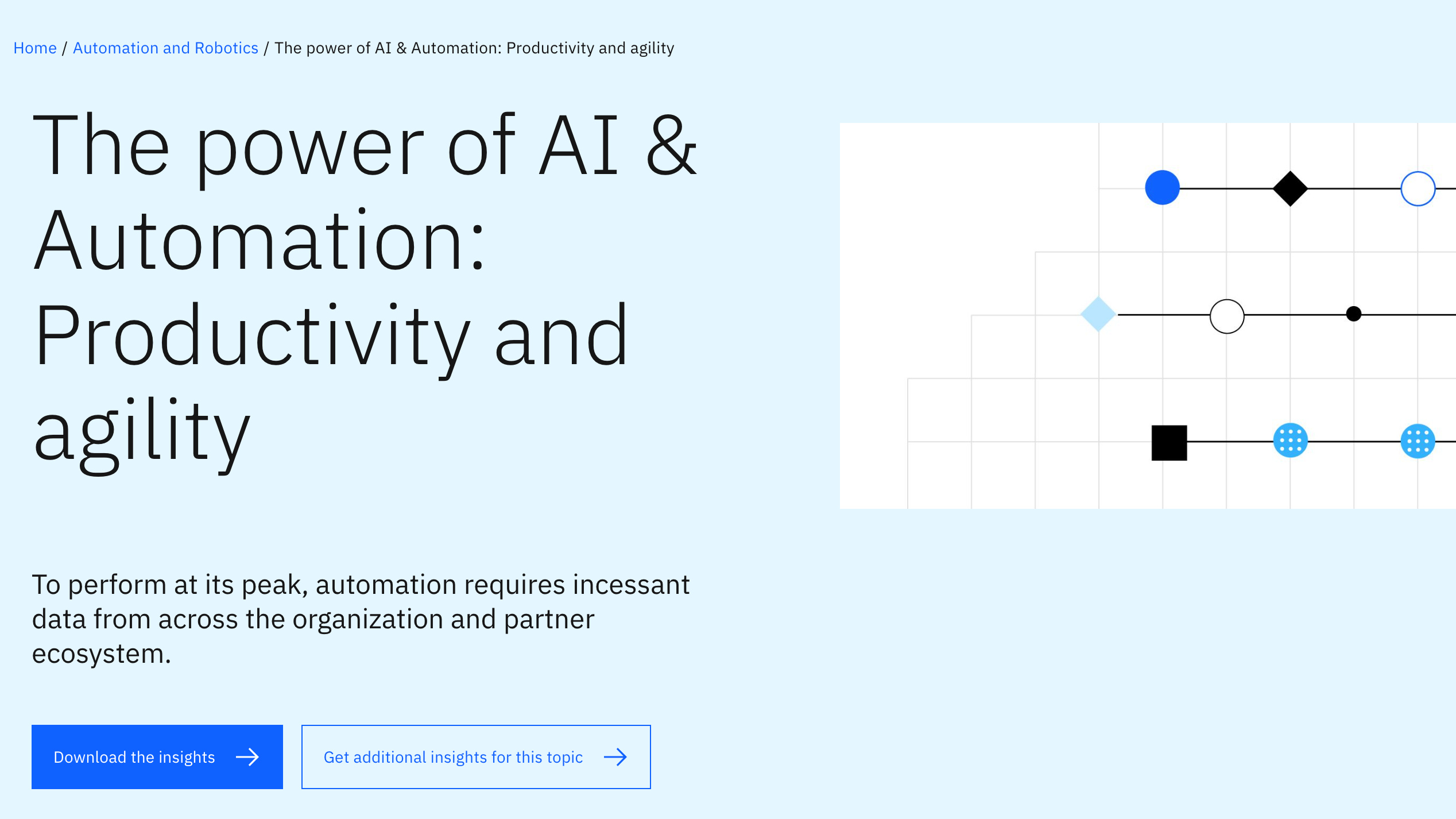 The power of AI & automation: Productivity and agility
The power of AI & automation: Productivity and agilitywhitepaper To perform at its peak, automation requires incessant data from across the organization and partner ecosystem
-
 Digitization solves manufacturing’s five toughest challenges
Digitization solves manufacturing’s five toughest challengesWhitepaper Discover the technology trends that overcome manufacturing’s challenges, from cyber resilience to breaking free from legacy technology
-
 The four pillars of excellence for technology leaders
The four pillars of excellence for technology leaderswhitepaper Download this CIOs business case for integration and automation
-
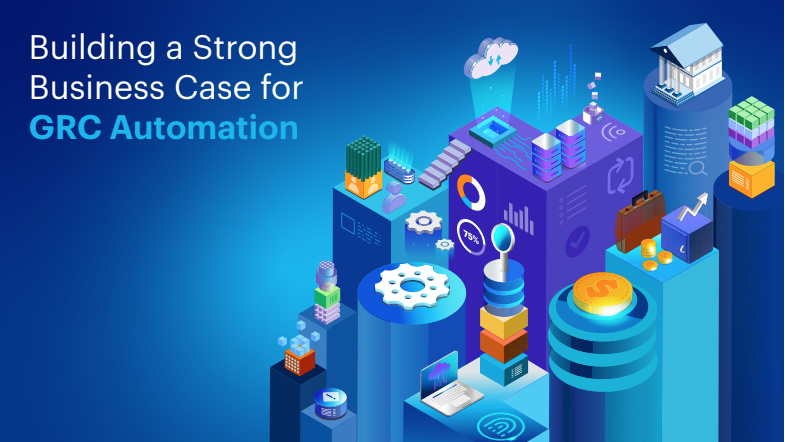 Building a strong business case for GRC automation
Building a strong business case for GRC automationwhitepaper Successfully implement an innovative governance, risk & compliance management platform